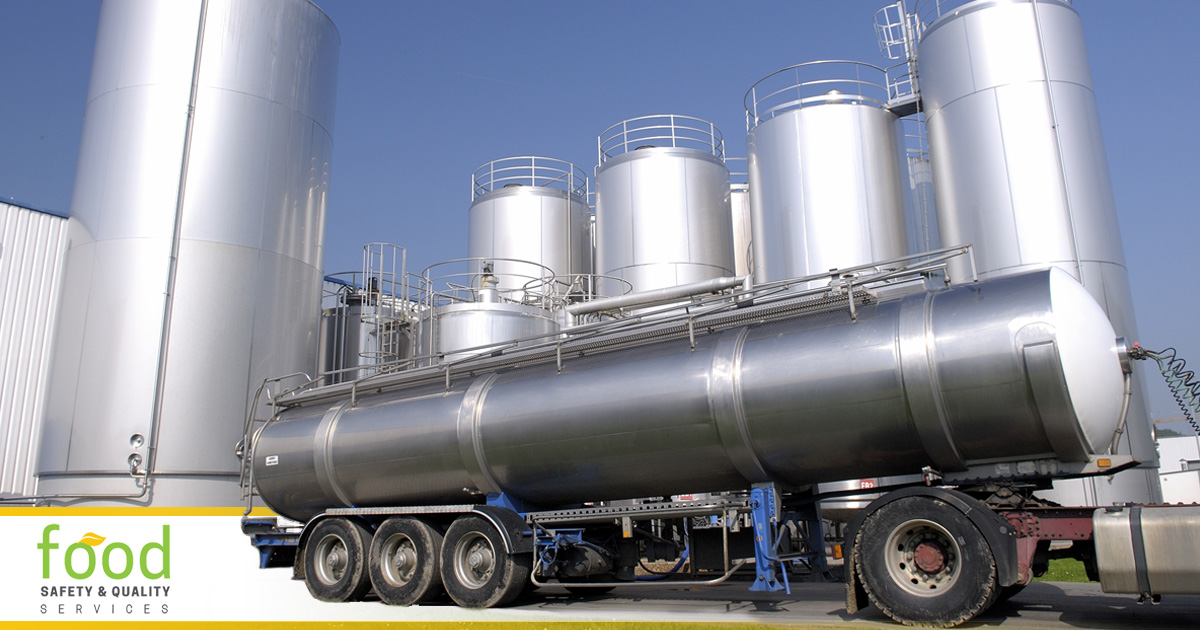Intentional Adulteration & Food Defense
Intentional Adulteration & Food Defense
The dangers of intentional food contamination and the need for preventive measures became clear to the industry following two high-profile events that took place a few years ago. A Minnesota woman was convicted on two felony counts related to contaminating food with sand and dirt from the parking lot. Some 28 tons of chicken was subsequently recalled. There was also an incident in the UK in 2018 where an individual used counterfeit identification to gain employment at a food manufacturer where he and his girlfriend started to devise a plan to poison food using ricin.
The FDA has stepped in with a comprehensive, preventive plan called Mitigation Strategies to Protect Food Against Intentional Adulteration. The food defense plan is intended to guard against acts like those mentioned above, which might cause wide-scale harm to the public. Navigating these important regulations isn’t always easy but Food Safety and Quality Services is here to help, offering Food Defense Classes meant to keep your company in compliance – and your customers safe.

What is Intentional Adulteration?
What is Food Defense
Be Ready For Any Threat
Everyone, from front-line workers and managers all the way up to CEOs, has a stake in protecting our food supply. That’s why FSQ Services provides Intentional Adulteration Classes featuring a standardized, FDA-approved curriculum taught by Food Safety Preventive Controls Alliance-trained lead instructors.
Our Food Defense Management Certification also provides training on the Intentional Adulteration Rule blended with the Global Food Defense Institute’s expertise in crisis management and employee training. Register for one of our upcoming classes or contact us today to schedule your in-house training.
About the author

Lance Roberie
Food Safety Consultant and TrainerLance Roberie has over 20 years of quality assurance and food safety experience within the food industry. Mr. Roberie holds the following certifications:
- Certified Food Safety HACCP Manager
- Preventative Controls for Human Foods (PCQI) Lead Instructor
- Meat & Poultry and Seafood HACCP Lead Instructor
- FSPCA Food Defense (IAVA) Lead Instructor
- ASQ Certified Manager of Quality & Organizational Excellence
- ServSafe Instructor and Exam Proctor
- Internal Auditor and GFSI Specialist
Lance and the Food Safety & Quality Services’ training curriculum will advance your team's food safety knowledge through certified training, consulting, and “real life” industry scenarios.
upcoming Classes
January 23, 2025 09:00 AM - 03:00 PM
October 17, 2024 09:00 AM - 04:00 PM
October 15, 2024 08:00 AM - October 16, 2024 06:00 PM
Need a Food Safety Specialist?
Free 15 Minute Consultation.Learn how we helped Abita Brewing Company pass their first food safety audit with an A grade.

